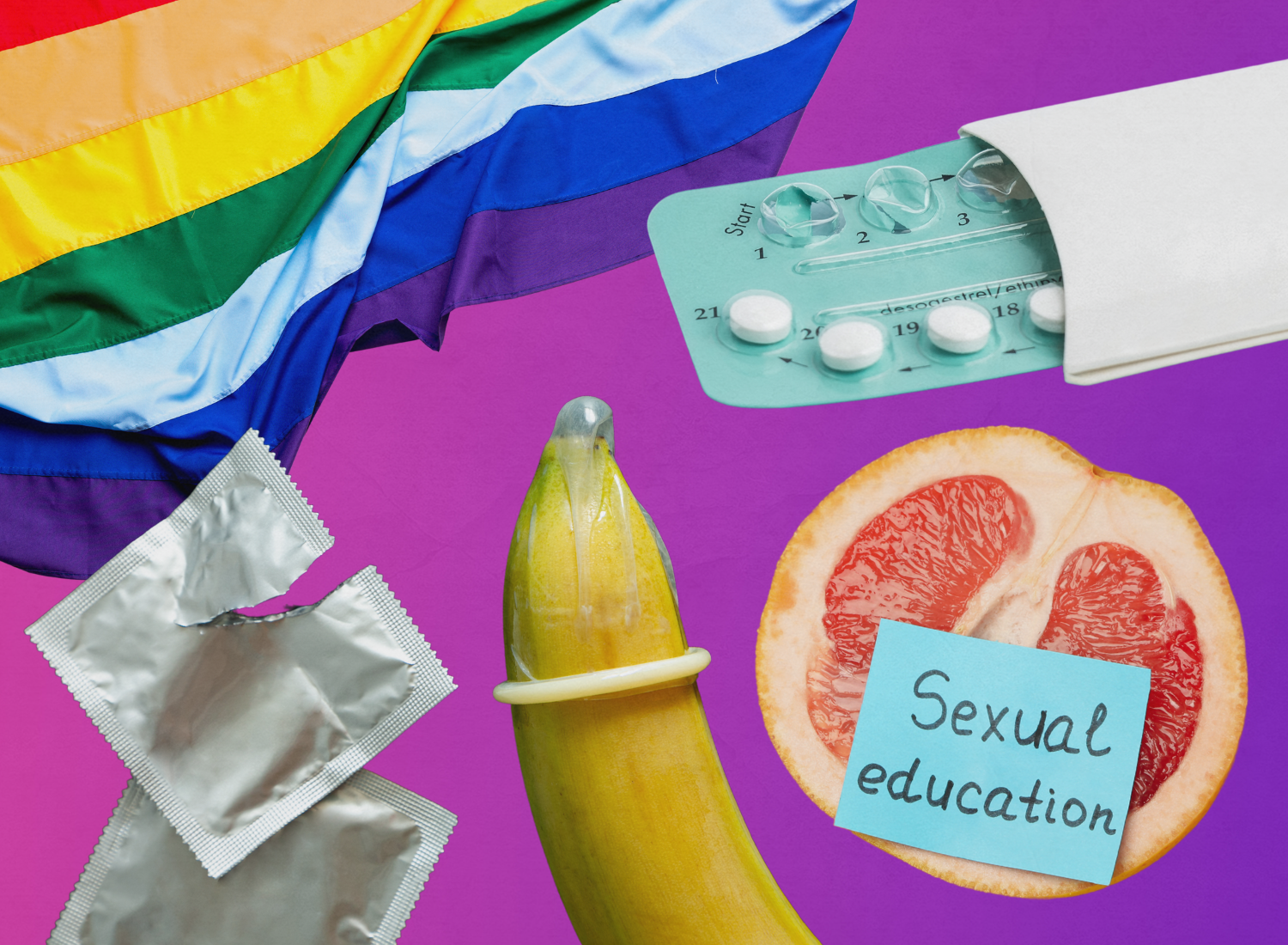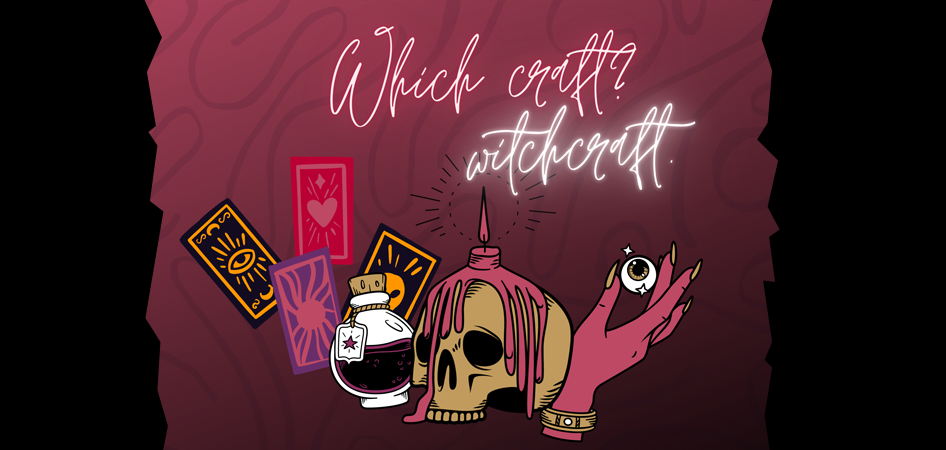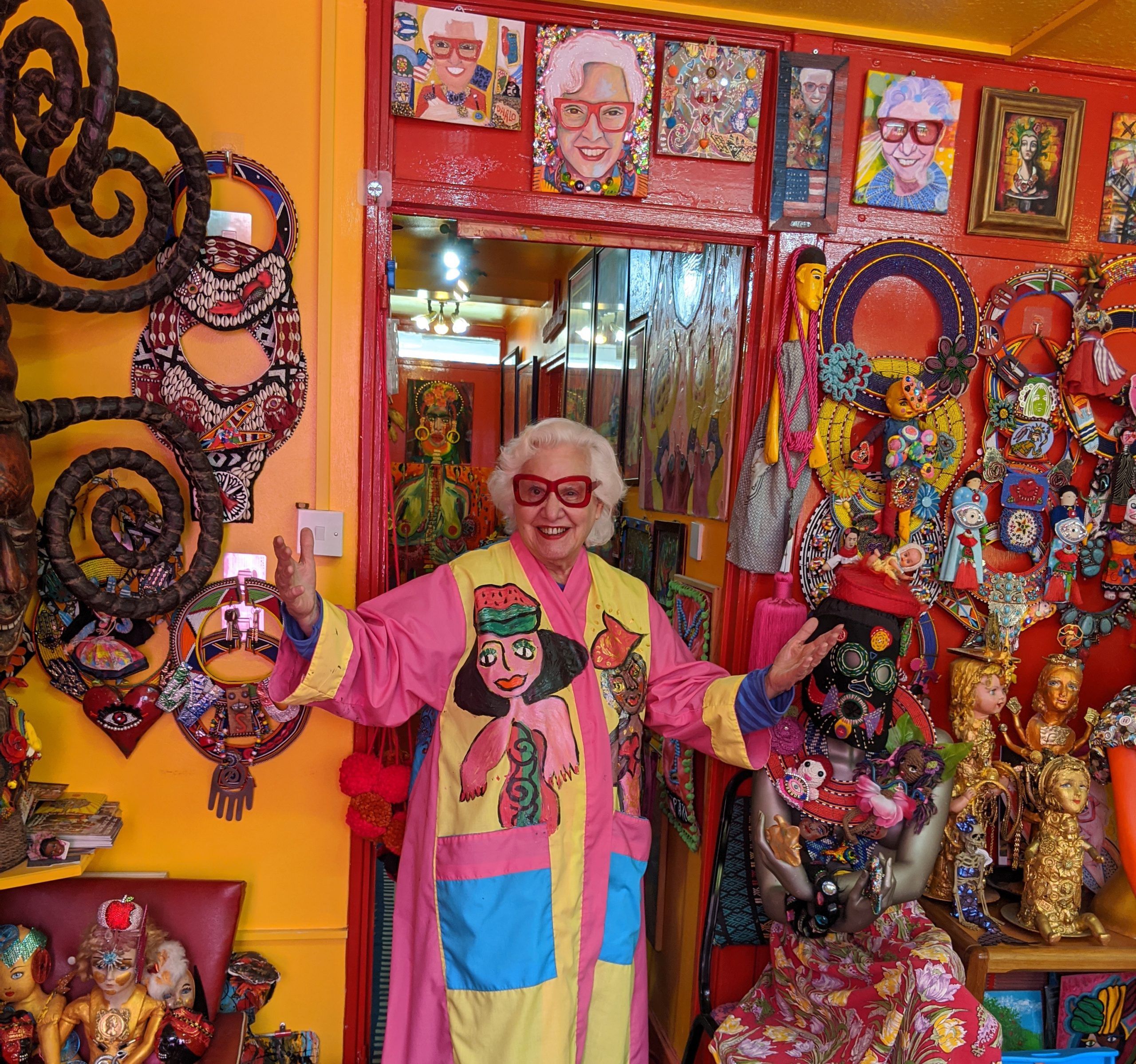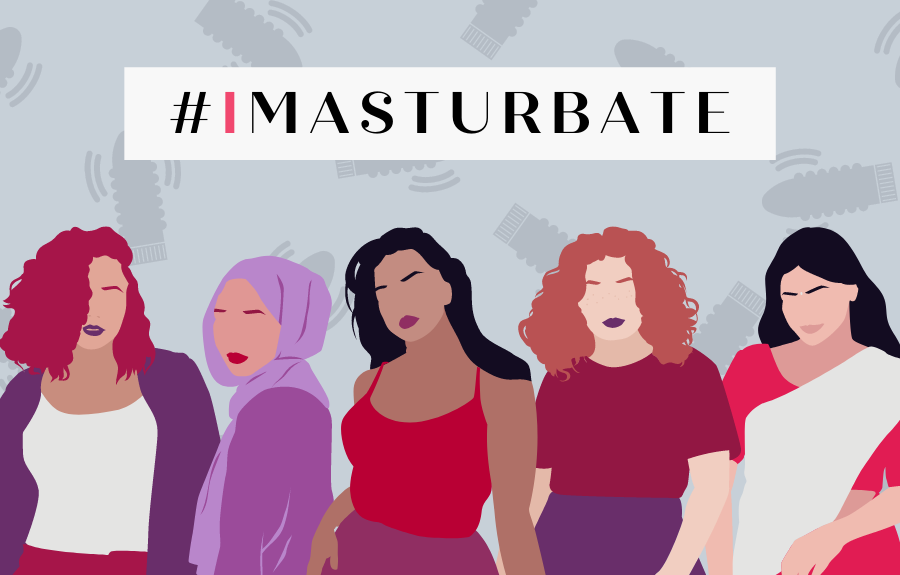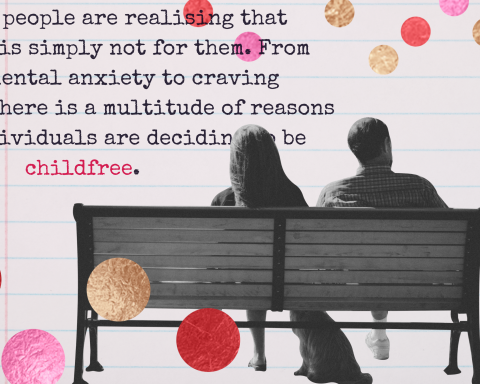Netflix has just released the latest season of the hit series Sex Education, and even though it is an entertaining watch, the show brilliantly highlights what happens when you mix sex with inexperienced students. While the show is pure fiction, a lack of a coherent education in relationships and sex can negatively impact young people if not taught effectively.
Steff Hanson always knew she didn’t like boys. She was always hesitant to form relationships and be intimate with the opposite sex when she was a teenager. She recalls the time her former boyfriend tried to kiss her, but as he got closer, she moved out of the way, and he ended up kissing the fence behind them.
“Girls looked kind of sparkly, and boys just didn’t,” says Steff. “I’ve always loved girls. I remember being in the car and seeing a girl walk past, and she looked gorgeous.”
It was when Steff discovered her teaching assistant’s daughter is a lesbian that she realised she too was gay. “I thought I was alone in what I was feeling,” says Steff. “I didn’t know that there were other people that felt like I do.
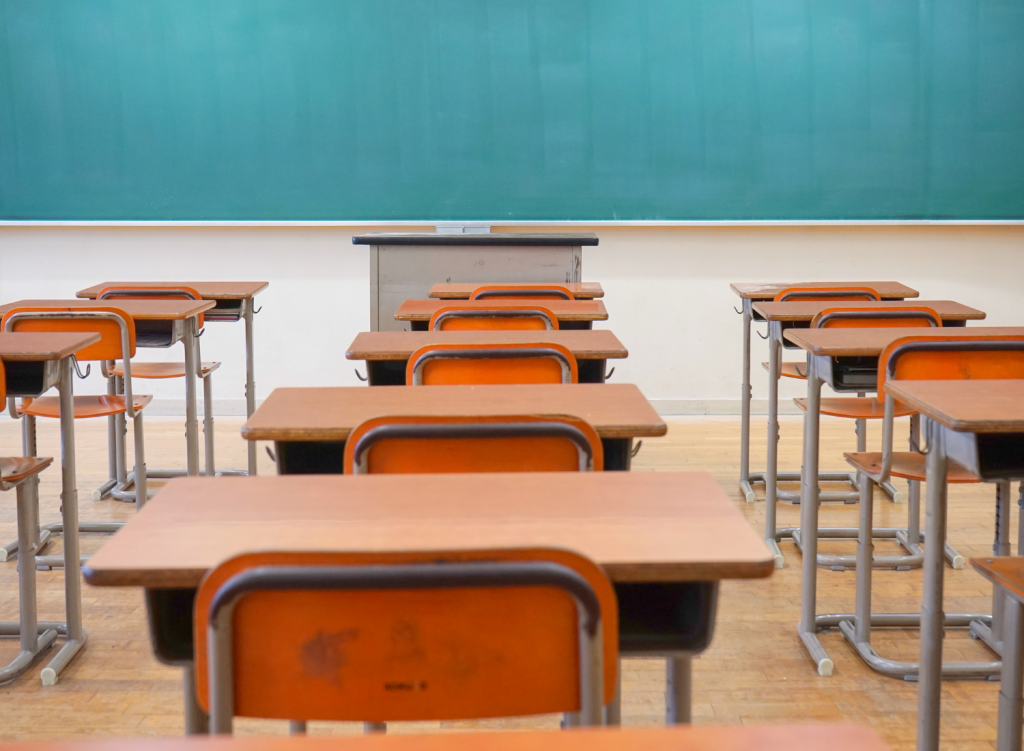
“I tried to like boys, it didn’t go very well. I tried to do stuff with them, and I hated it so much. So much.”
Steff says she was confused about her sexuality because topics surrounding LGBTQ+ were “never even touched upon” in her school. When Steff would ask her teachers why, responses would always be that they just didn’t teach it. Instead, her teachers taught the generic “science stuff”, including conception, puberty, and STIs.
Students would snicker when asked to label male and female body parts while the teacher seemed reluctant to teach. When it came to additional topics like female pleasure and access to services, Steff resorted to Google or learning first-hand with her partners.
Looking back, Steff says she wishes she were taught about the LGBTQ+ community in the classroom, even if it was something simple as just mentioning that two girls or boys can be in a relationship. “Even just that [mentioning it] would have helped me so much because of visibility,” says Steff. “I was 14, and in high school, there were no sex education lessons whatsoever”.
“It may as well have been a convent because we were not taught anything about sex at all.”
Not only was Steff confused about her sexuality, but there were also times when the lack of sex education put Steff in vulnerable situations. She says she wished she learned the difference between rape and sexual assault. “There were a few boys that did assault me, and because I was so used to it, I used to just let them,” says Steff. Still quite unsure of the contrasts, Steff says how she would allow boys and girls to “borrow” her body, not knowing that people could also be physically, psychologically or emotionally violated in a sexual act.
“As a teen, vulnerable teen, that doesn’t quite understand what’s going on, it’s bad,” she says. “It’s only now that I look back, and I think these people did things to me, and I just let it happen, and I’ve never been taught.”
Despite not having received the education herself, Steff is taking steps to ensure the next cohort of students will not resort to the internet to get educated. Her best friend teaches RSE in schools, and Steff is constantly sending him topics she feels students must learn. “I’ve been really going for it,” says Steff. “We have got to be the generation that are the game-changers in this.”
Steff says the lack of diverse and thought-out sex education left her in positions she was unaware of. Had she been educated, she would have felt more comfortable with her emotions and knew where boundaries lay.
If being educated on sexual health and consent can prevent people like Steff from sexual assault and misconceptions about sex, it raises the question of why sex education is not as prevalent as it should be.
As Dr Jean says in the first episode of Sex Education’s third season, sex education is not only “completely essential to the health and well-being of our children”, it also empowers teenagers as they become sexually active. Teaching young people about their bodies and their rights will not stop teen pregnancy or the spread of sexually transmitted infections, but it will allow the current generation and the next to be more aware of themselves, aware of their choices, squash curiosity and make more informed decisions.
Sex Education Forum (SEF) released its Young people’s RSE poll last year, where young people were surveyed about their experience learning the curriculum. Results highlighted that topics surrounding: how babies are conceived and born, puberty, contraceptives, STIs, and the medically correct terms for genitalia have been covered mostly adequately by schools. However, sexual pleasure, pornography, and Female Genital Mutilation (FGM) were rarely taught.
The findings also show almost 6 in 10 young people felt they didn’t learn enough about healthy and abusive relationships, grooming, or getting help if they were sexually abused or assaulted. At the same time, almost half of respondents said they were not taught adequately about LGBTQ+ issues.
The results show a call for better RSE in schools, something that can negatively impact young people if not taught effectively.
Anam Alam is a graduate journalist who was written about topics ranging from veganism, skincare and sex education. You can find her on Twitter at @itsanamalam.

